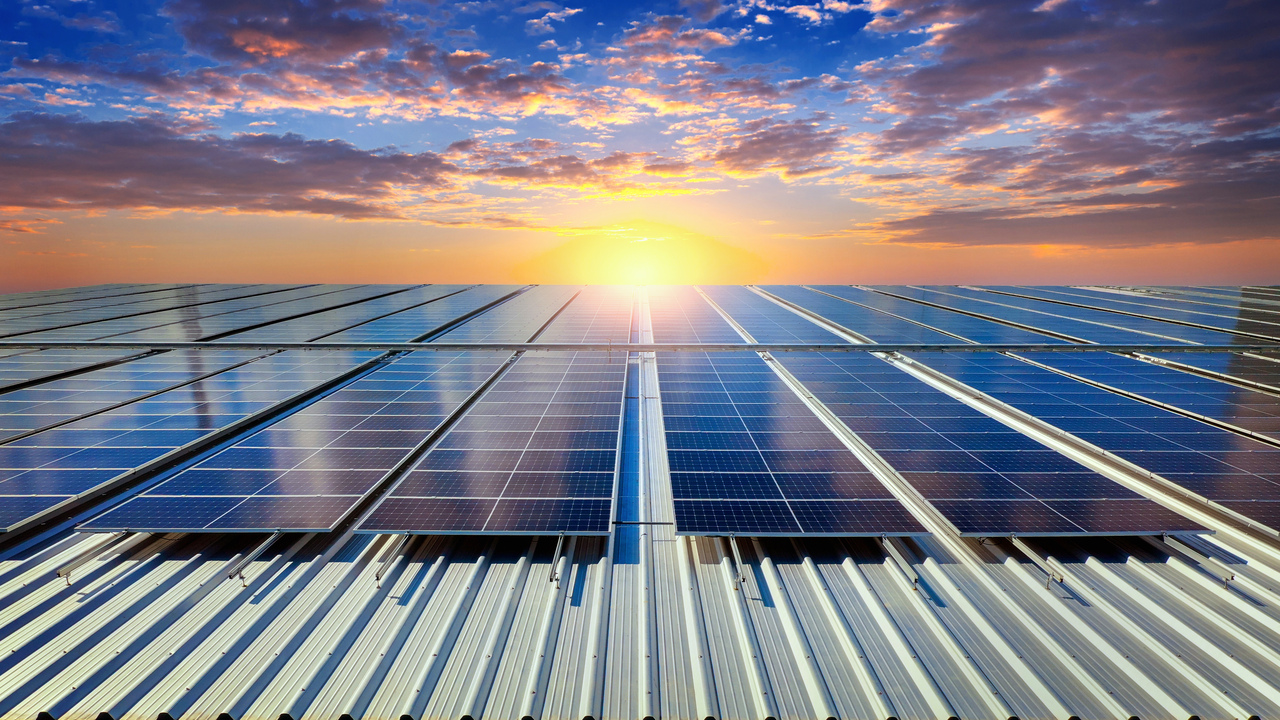Comparing Solar Power Options for Commercial vs. Residential
June 8, 2024

Harnessing the sun’s power has never been so critical. As we shift towards green energy, analyzing Solar Power Options for Commercial vs. Residential use is an emerging trend. This blog post will help differentiate these two market segments to empower your sustainable energy choices.
Understanding Solar Energy Basics
Before diving into specifics, having basic knowledge about solar energy is essential. Solar energy works by converting sunlight into electricity. The photovoltaic panels, commonly known as solar panels, trap sunlight and result in energy generation.
Residential Solar Power
Residential solar power systems typically operate on a smaller scale. These are installed on roofs or backyards, allowing homeowners to contribute significantly to reducing carbon footprints.
Commercial Solar Power
On the other hand, commercial solar systems cater to larger organizations or businesses. They require more space for installation and undoubtedly, generate a higher power output.
The Similarity in Purpose
Both residential and commercial solar systems aim at reducing energy costs and greenhouse gas emissions. They symbolize a shift towards sustainable living and working.
Differences in Scale and Cost
While the purpose might be the same, the scale and cost are significantly different. Commercial systems are larger and expensive but offer greater savings over time. Residential systems are compact with lower upfront costs.
Exploring Benefits – Residential Power
For homeowners, solar power reduces dependence on grid electricity, resulting in noticeable savings. Plus, various government incentives and rebates make solar a cost-effective option.
The Advantages – Commercial Power
For businesses, solar power generation leads to substantial annual energy savings. It enables companies to predict and control their energy costs better. Moreover, adopting solar power enhances the company’s green image.
Assessing Installation Process
Residential installations are quicker due to smaller size. A day or few is typically enough. Commercial installations, however, can take weeks or months depending on the project size and complexity.
Maintenance Considerations
Residential solar systems demand minimal maintenance. A periodic cleaning and an annual professional check-up normally suffice. For commercial systems, a regular maintenance schedule is advisable due to their larger size and complexity.
Solar Power – The Future is Now
Solar Power Options for Commercial vs. Residential users have never been so diverse and accessible. The significant benefits of solar installation, both economic and environmental, make it an attractive investment for homeowners and businesses alike.
Conclusion
Whether you’re a homeowner looking to save on your electricity bills or a business aiming to reduce your carbon footprint, solar power offers credible solutions. Choose wisely to ensure a sustainable future. Together, let’s light up the world with the power of the sun!